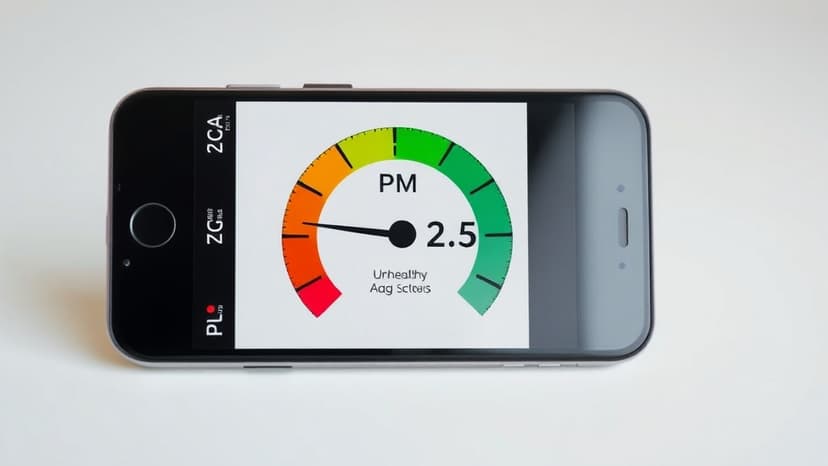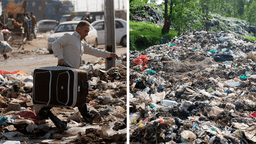Home / Health / Volcanic Ash Joins India's Air Crisis
Volcanic Ash Joins India's Air Crisis
27 Nov, 2025
Summary
- Volcanic ash from Ethiopia has entered Indian airspace.
- Ash particles mixed with PM2.5 worsen air quality and lung health.
- Vulnerable groups like children and elderly are disproportionately affected.

India is currently facing an intensified air quality crisis as volcanic ash from Ethiopia's Hayli Gubbi eruption has entered its airspace. This ash, laden with fine particles and sulphur dioxide, is a significant concern when mixed with the nation's already high levels of PM2.5 pollution. The combination can lead to severe respiratory irritation and inflammation, potentially causing breathlessness and discomfort even in healthy individuals.
The jagged and chemically active nature of volcanic ash particles amplifies airway inflammation when they combine with urban pollutants. This can cause deeper lung penetration, leading to bronchospasm, throat irritation, and increased oxidative stress. Asthmatics and individuals with COPD are particularly at risk, with even short-term exposure capable of triggering severe flare-ups and exacerbating existing conditions.
To mitigate these effects, it is advised to limit outdoor exposure, especially during early mornings and late evenings. Wearing a snug N95 mask when outdoors, keeping windows closed, and utilizing indoor air purifiers with HEPA filters are recommended. Those with respiratory conditions should continue their prescribed inhaler treatments without interruption, stay hydrated, and consider steam inhalation or saline nasal rinses.




